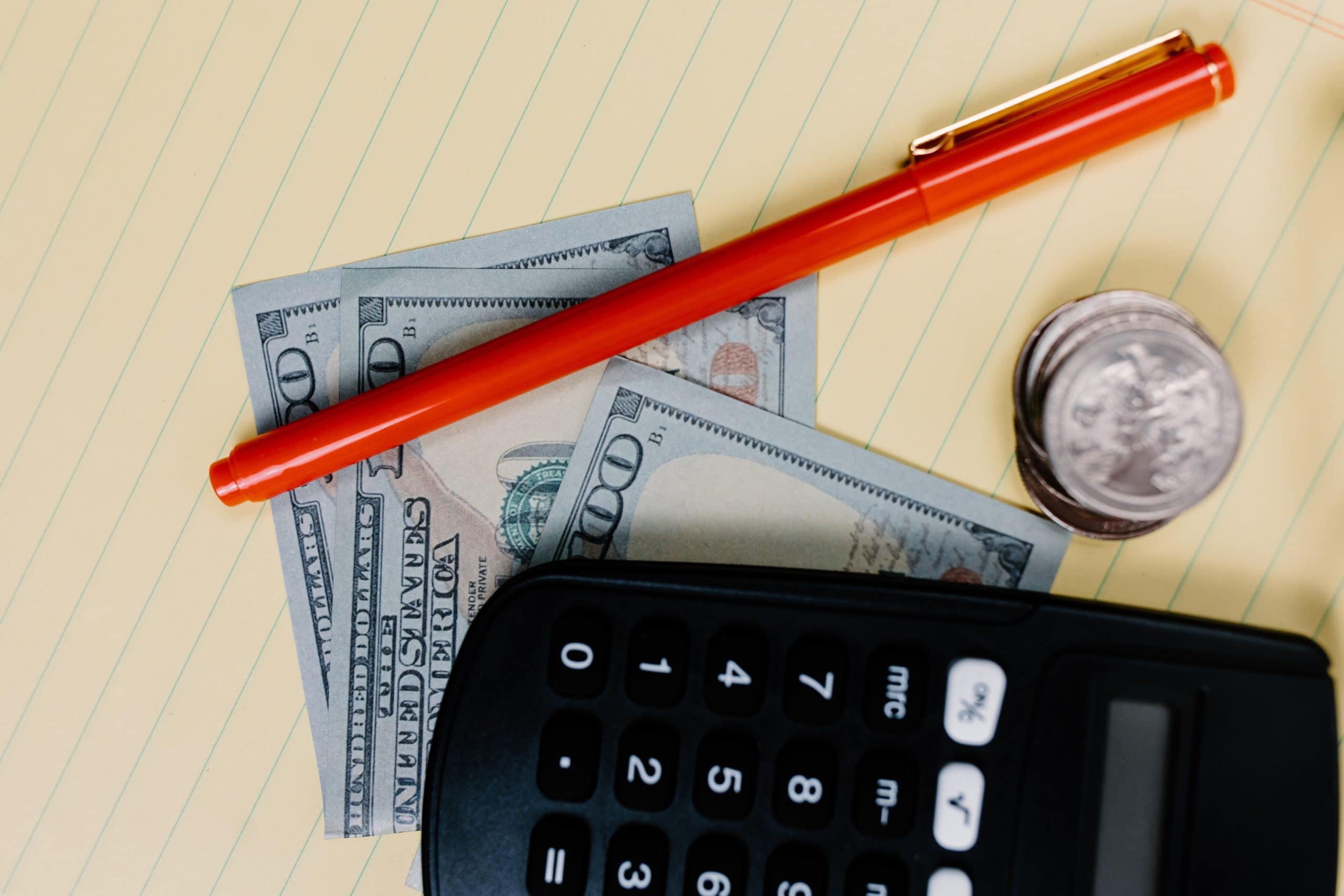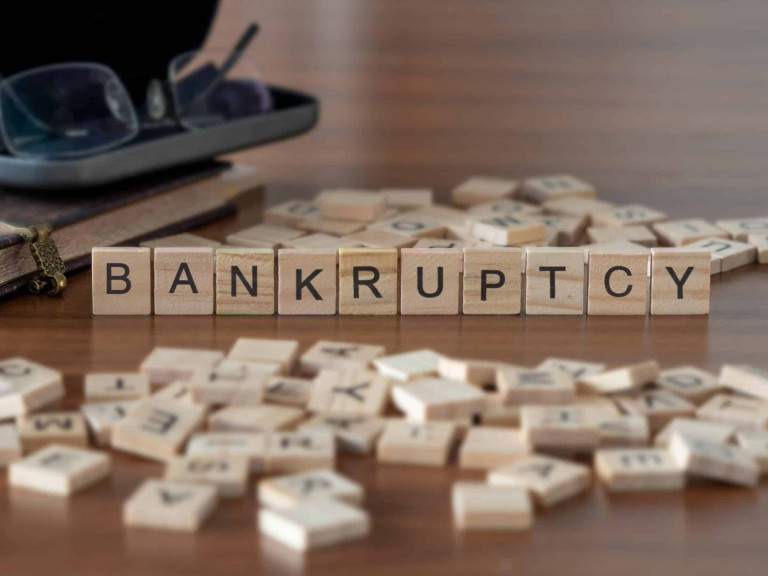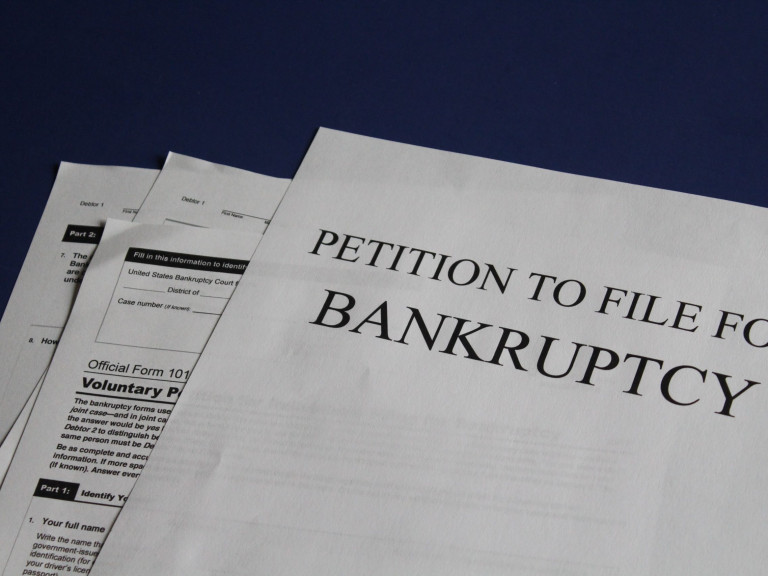For residents of Michigan, especially those who have fallen on hard times and might be considering filing for bankruptcy, knowing whether or not student loans can be included in a petition is an important question. Students across America carry an average of $29,000 in student loan debt by graduation. According to The Institute for College Access & Success (TICAS), over 70 percent of college seniors graduate with some amount of education debt. Of that group, 37 percent borrow money from private lenders such as banks or credit unions rather than through government agencies like the Federal Direct Loan Program.
In addition to concerns of physical safety, the Covid-19 pandemic has also created economic uncertainty for many. Michigan’s rate of underemployment (including unemployment and those only employed part-time for economic reasons) was almost two percent higher than the national rate. For these individuals, as well as others who may live paycheck to paycheck, it can be difficult to pay the bills each month. After mortgages, student loans are the second-largest form of consumer debt. When funds are already stretched at the end of the month, this additional expense can put them over the edge. The only relief in sight may be filing for bankruptcy. Many people wonder if filing for bankruptcy on student loans is an option. The short answer is: sometimes.
Types of Student Loans
There are many types of student loans. Some are federal loans or federally backed loans, for which the debtor has borrowed money directly from the government. Other loans, however, come from private individuals or institutions. The type of loan you have may affect its inclusion in the bankruptcy process.
Types of Student Loans that Cannot Be Discharged in Bankruptcy
Student loans cannot be discharged if they meet any of the following three criteria:
- They are backed by or issued by the government
- The funds were received as an educational benefit, scholarship, or stipend
- They are private loans where the student attended an eligible institution and the loan funded only educational expenses
Based on these criteria, more often than not, student loans are not automatically eligible to be discharged during bankruptcy. If a loan does not qualify for discharge under the above standard, you can still discharge student loans if you can prove that the loans constitute an undue hardship. This process, however, is incredibly difficult and requires the debtor to satisfy a three-part test (known as the Brunner Test).
The Brunner Test for Undue Hardship
The three-part Brunner Test is as follows:
First, you must provide proof of your income and expenses to demonstrate that you are unable to maintain even a minimum standard of living.
Second, you must prove that this financial situation is likely to continue for a significant amount of time in the future.
Third, you must prove that you have, up until that point, made a “good faith effort” to repay the student loan. What constitutes a good faith effort is not explicitly defined, and therefore it is left up to interpretation by the court. Though some courts are more flexible and lenient with this provision, others have cited that filing a claim of undue hardship in and of itself demonstrates a lack of a good faith effort to repay.
Although student loan debt can be discharged during bankruptcy proceedings, it is often very difficult to accomplish.
The FRESH START Through Bankruptcy Act of 2021
On August 3, 2021, a United States Senate Judiciary Committee held a hearing to address the issue of student loan debt and bankruptcy. At this hearing, Senator Dick Durbin (a Democrat from Illinois and chair of the Judiciary Committee) and Senator John Cornyn (a Republican from Texas), co-sponsored a bill to reform the current bankruptcy law with regard to student loan debt.
Their effort, known as the “FRESH START Through Bankruptcy Act of 2021,” proposes that federal student loan debt be permitted to be discharged during bankruptcy proceedings beginning ten years after the first student loan payment is due. It also holds Institutions of Higher Education accountable, requiring that colleges partially refund the government if a student’s loans are discharged later through bankruptcy. As the changes would apply only to federal student loans, the bill maintains the undue hardship clause for private loans.
At this time, no further action has been taken.
Frequently Asked Questions Regarding Student Loans and Bankruptcy
Can Michigan residents include student loans when filing for bankruptcy?
The ability to include student loans when filing for bankruptcy depends on the specific type of loan you have and your individual situation. To determine whether you should try to discharge your student loans through bankruptcy, the best course of action is to talk to an experienced bankruptcy attorney. They will be up to date on the latest legal developments and can advise if your case is likely to meet the many complicated criteria. Even if your student loan debt is not discharged through bankruptcy, the proceedings may help to lessen or delay your student loan payments.
Will student loan companies come after me if I file for bankruptcy?
The short answer is no, student loan companies cannot come after you if you file for bankruptcy. As long as you meet all of your debt-elimination requirements and provide enough proof that those debts are legitimate and were incurred while you were unable to pay them off, they will be eliminated from your life. However, you also have to prove that there are reasons other than a lack of income or resources why you shouldn’t have to pay back your student loans. Do you need these funds for expenses relating to school like books, food, and transportation? Then you can have them removed from your list. Have low income/high expenses/poor credit because of medical bills stemming from an injury sustained at work or by a loved one with cancer? Your medical bills can go away in bankruptcy too! Even if none of these circumstances apply specifically to you, taking advantage of Chapter 7 bankruptcy, which wipes out most unsecured debt, is still an option worth considering.
How does student loan repayment work during bankruptcy?
You may be thinking that, in Michigan, your student loans will be discharged as part of a bankruptcy. After all, unlike in other states, it’s not illegal here to include them in a petition. The good news is that you’re not completely wrong! You can discharge your student loans through bankruptcy but there are some caveats you should know about first. First off, federal student loans and private student loans aren’t dischargeable under Chapter 7 or Chapter 13 (with rare exceptions). So if you have these types of debts, don’t bother listing them on your petition; they won’t go away at all. However, you might still be able to get rid of your federal student loans and/or private ones under another type of filing: Chapter 11 bankruptcy. This rarely-used type of filing allows you to keep your assets intact while reorganizing how you repay certain debts--including student loans that were consolidated under one lender's repayment plan before you filed Chapter 11. While it sounds great in theory, most Michigan residents who opt for Chapter 11 fail because their finances weren't dire enough to warrant filing in the first place. If you're considering using bankruptcy, seek legal help from an experienced Michigander instead of trying DIY methods like forums or guides. A lawyer can assess your situation and give advice based on your individual needs.
What is the Student Loan Bankruptcy Abuse Prevention Act (SLBAPA)?
This law, which was enacted in 2005 and went into effect in October 2007, provides that student loans are exempt from discharge during bankruptcy. This means that even if you’re severely struggling with debt and owe millions to creditors, you can still be forced to pay back your student loans or face additional penalties or even criminal charges. The law is colloquially known as the student loan protection act (SLPA). The SLPA amended § 523(a)(8) of Title 11 of the United States Code by adding an obligation to repay funds received as an educational benefit, scholarship, or stipend; In other words: it made repayment of certain educational debts nondischargeable in bankruptcy.
Contact An Experienced Michigan Bankruptcy Attorney To Review Your Options
A Michigan bankruptcy attorney can help answer your questions regarding student loan debt and others like it to make sure you know your options when it comes to dealing with your debt problems. Certain benefits of Chapter 7 bankruptcy, such as a fresh start under which a student loan debt can be discharged, are only available if one meets specific income and asset guidelines (in other words: you have to have very little money and assets). The best way for Michigan residents to figure out if bankruptcy is the right choice is to contact Reinert & Reinert
Joshua Reinert is a highly qualified Michigan bankruptcy attorney with a well-trained and experienced staff who will give you personalized service and the debt relief you seek. Reinert & Reinert serves Alcona, Alpena, Arenac, Bay, Cheboygan, Clare, Crawford, Gladwin, Gratiot, Huron, Iosco, Isabella, Midland, Montmorency, Ogemaw, Oscoda, Otsego, Presque Isle, Roscommon, Saginaw, and Tuscola Counties of the Great Lake State. You can schedule a consultation with attorney Joshua Reinert by calling (989) 799-8860 or filling out our online contact form. Contact us today to schedule a free consultation and to find out why 13,000 families and businesses have trusted Reinert & Reinert to assist them with their finances during tough times.



